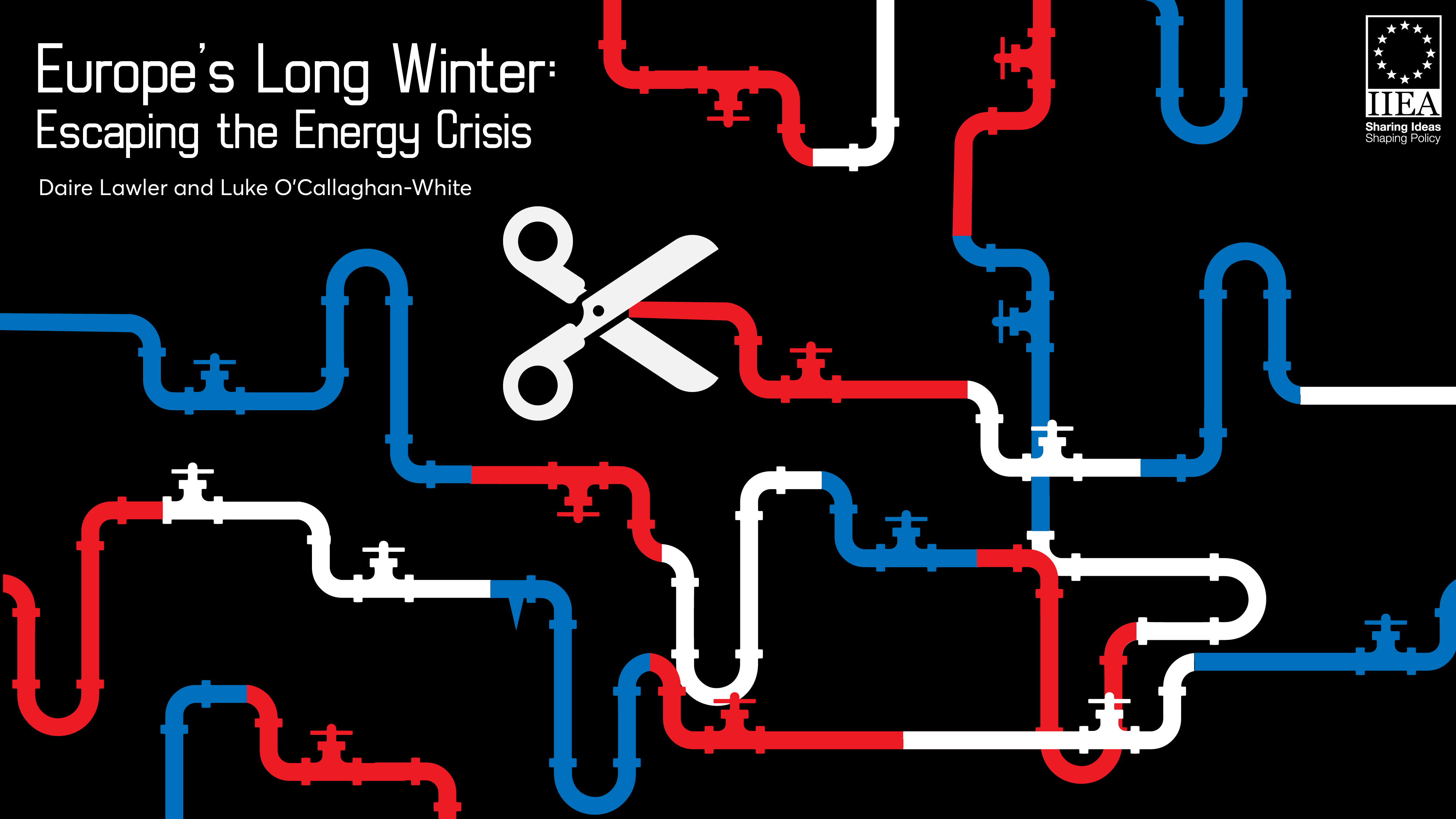Europe’s Long Winter: Escaping the Energy Crisis

by Daire Lawler and Luke O'Callaghan-White
The Russian invasion of Ukraine has had a significant impact on energy prices in Europe, but the price of energy has been increasing for over a year, and pre-dates the conflict. This paper begins by examining the reasons behind the recent extreme energy price volatility in Europe. Since the beginning of the COVID-19 pandemic, energy prices have oscillated considerably. In the early months of the pandemic, energy prices fell sharply in response to reduced global demand. However, in response to resurgent demand and the impact of supply chain disruptions as well as low gas reserves in Europe, energy prices have risen rapidly and eroded the purchasing power of consumers within the euro area and the rest of the world. The paper shows that the COVID-19 pandemic has cast a long shadow over the cost of energy.
In response to this cost-of-living crisis, central banks are tightening the previously accommodative monetary policy that supported economies during the pandemic. In addition, Governments both in Ireland, and across the EU, have utilised multiple fiscal measures to cushion the impact of rising inflation on vulnerable consumers. The paper examines these monetary and fiscal policies and considers the efficacy of such interventions in stabilising energy price inflation in Europe.
These measures are short-term in nature and political leaders will need to consider a structural approach to future-proof the energy systems of Ireland and the EU and, in turn, alleviate cost-of-living concerns for consumers.
The paper concludes by proposing three recommendations which support these objectives. Firstly, as natural gas will continue to be a necessary element of the European energy mix over the next decade, the EU should develop an initiative for joint gas procurement. This approach would support Member States worst affected by the pivot from Russian gas imports and contribute to greater level of security of supply. Secondly, this paper argues that a second electricity interconnector, between Ireland and France, will be necessary as Ireland’s wind economy grows over the next decade. Such an interconnection would enhance Ireland’s energy connectivity. Finally, it is recommended that the operation of the EU’s wholesale electricity market should be reformed. A move to a model of locational marginal pricing would better reflect local price signals.
